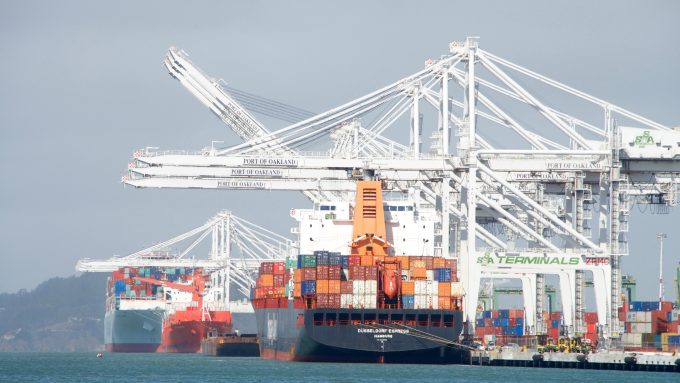Striking dock unions should pay $2 billion a day, say Republican senators
Republicans are bringing new legislation before the US senate which, if passed, would fine dockworker ...

A US longshore union representative has laid the blame for supply chain woes across the country on foreign companies, including shipping lines and terminal operators, that have failed to invest in staff.
Frank Ponce De Leon, coast committeeman at the International Longshore & Warehouse Union coast longshore division, told the US House Subcommittee on Coast Guard and Maritime Transportation that foreign conglomerates were more interested in short-term profits than benefiting the US economy.
“Make no mistake, the shortage of containers and delays ...
USTR fees will lead to 'complete destabilisation' of container shipping alliances
Outlook for container shipping 'more uncertain now than at the onset of Covid'
Flexport lawsuit an 'undifferentiated mass of gibberish', claims Freightmate
Cancelled voyages take the sting out of spot rate declines this week
Shippers warned: don't under-value US exports to avoid tariffs – 'CBP will catch you'
New Houthi warning to shipping as rebel group targets specific companies

Comment on this article